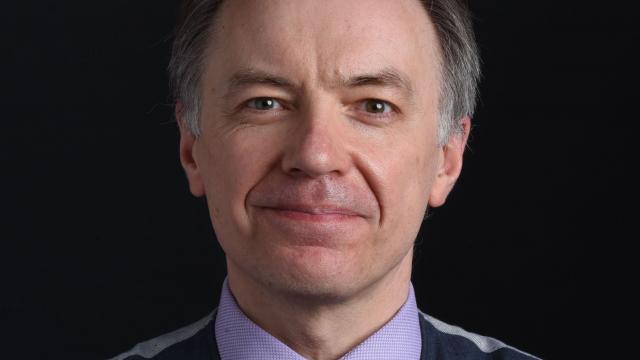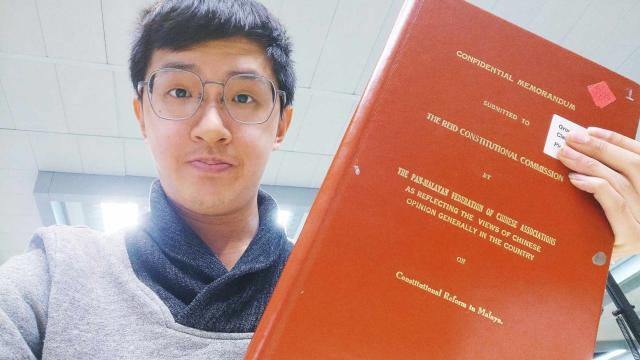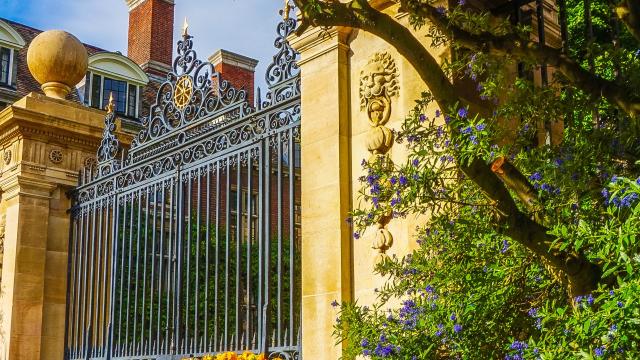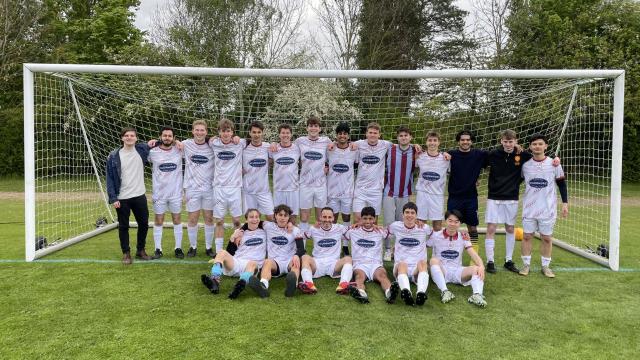
A Fellow from St Catharine’s College, Dr Gilly Carr (2006), has interviewed barrister Robert ‘Judge’ Rinder about the legacies of the Holocaust ahead of this year’s Holocaust Memorial Day on 27 January.
During the event held on 25 January, Robert generously shared his family's Holocaust experiences, which ended in Treblinka and Vonoreva. He also spoke about what it was like to grow up with this Holocaust legacy, what he learned through his grandfather, and how this has informed his work and life today. Part of his family history was documented in an episode of the BBC’s ‘Who Do You Think You Are’ and a two-part programme broadcast last year.
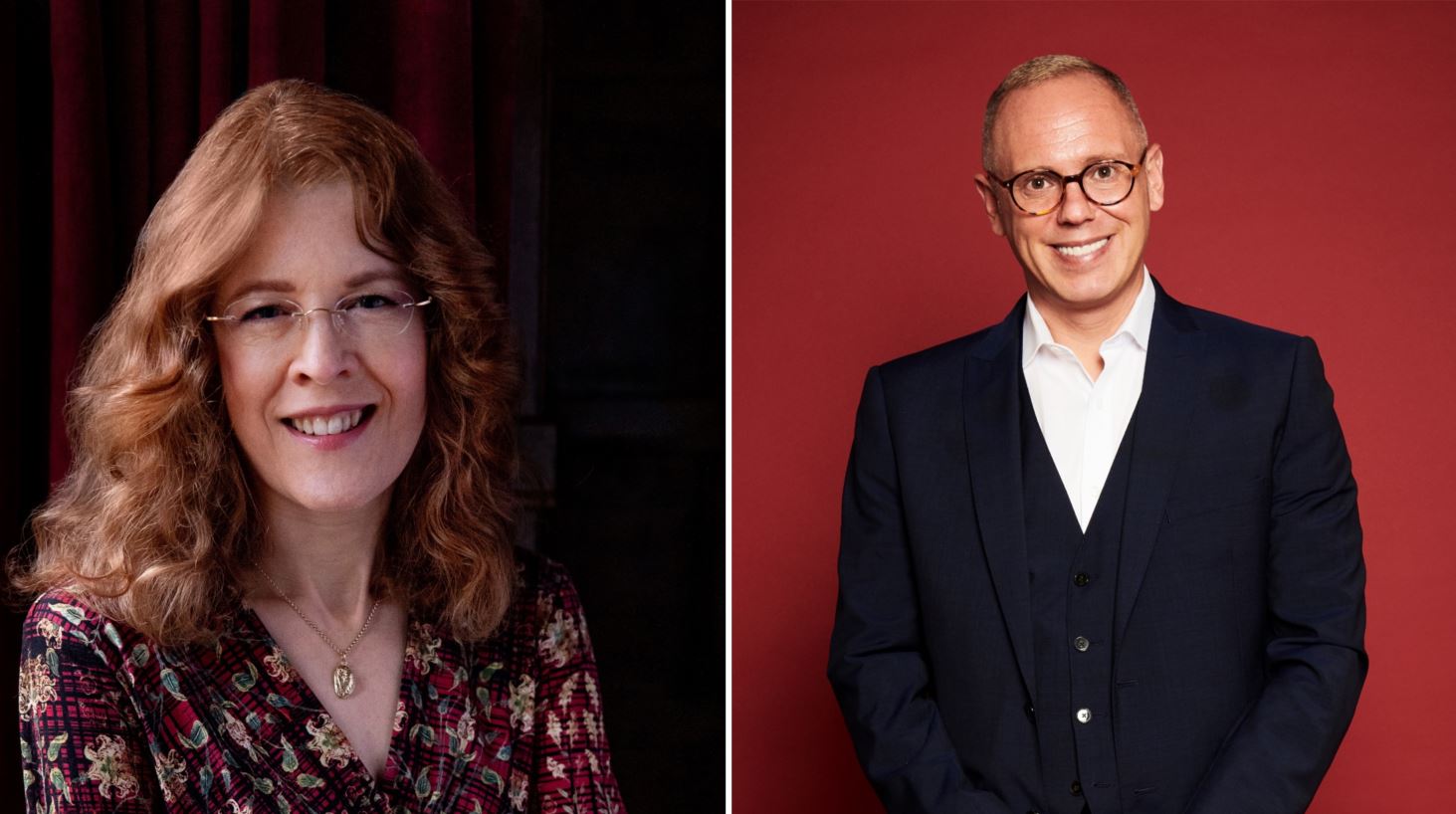 Pictured: Dr Gilly Carr and Robert Rinder
Pictured: Dr Gilly Carr and Robert Rinder
Robert recalled what had inspired him to start investigating the events of the Holocaust:
“I had always known my grandfather’s story but only in bleak outline... His story existed, if you like, in the form of quiet whispers around him… Gradually, because my brother and I were one generation removed, he’d tell us stories, and they form the currency, perhaps the threads that wove themselves into the tapestry for the motivation for the work that I ended up doing, although I certainly didn’t know that at the time.”
The theme for Holocaust Memorial Day 2021 is ‘be the light in the darkness’, which is designed to encourage everyone to reflect on the depths humanity can sink to, but also the ways individuals and communities resisted that darkness to ‘be the light’ before, during and after genocide.
Robert reflected on the need to shine a light on the extreme bravery demonstrated by individuals and communities in the face of persecution:
“When you tell these [Holocaust] stories, they are enormously powerful for a number of reasons… If entwined in that story is a story of heroism, I always think that the viewer or those watching feel like they want to cast themselves in the shoes of the heroic… The more we elevate the expectations of people confronted by something like the Shoah, the more likely people are to behave in ways that make them feel, and consequently act, courageously.”
He also shared the positive impact of the documentaries, including the many letters sent to him afterwards and discussion across social media:
“It’s been such a gift... being able to really connect the dots and perhaps fill in the dotted line between the experience of being second generation from the Shoah, from the Holocaust, and also experiences of survivors from other genocides... So much of that lived experience is shared.”
Dr Carr is a University Senior Lecturer and Academic Director in Archaeology at the Institute of Continuing Education. She is also a member of the 12-strong UK delegation of the International Holocaust Remembrance Alliance (IHRA) and currently chairs an international five-year IHRA project on the subject of Holocaust and Roma genocide sites, entitled 'Safeguarding Sites: the IHRA Charter for best practice'. This project aims to create heritage guidelines for international adoption and runs from 2019–2023.
On the importance of safeguarding sites like those featured in his documentaries, Robert commented:
“They are absolutely essential because they are not just places of pilgrimage; they are places of memory... They become little touchstones that galvanise a community around them. They make it easier for people to stand on earth and tell the story, and then for others to come along and then to share it.”
A recording of the discussion will be released by the Institute of Continuing Education in February.
